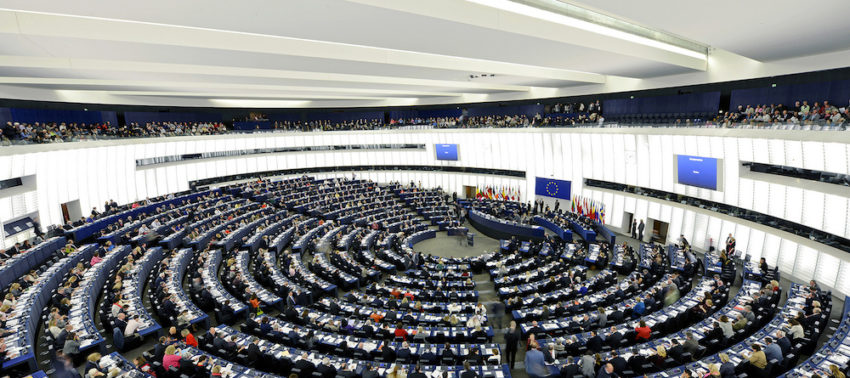
Disinformation won and Science lost: the EU Parliament’s Industry, Research & Energy Committee voted to endorse the ban on palm oil biofuels in Europe. Most likely, European vegetable oils corporations are trying to push out palm oil from the Common market and keep for themselves all the benefits.
On 28 November 2017, the EU Parliament’s Industry, Research & Energy Committee (ITRE) voted to endorse the ban on palm oil biofuels in Europe, under EU’s Renewable Energy Directive (RED). Again, the European Parliament voted, in a discriminatory manner, against palm oil. Again, disinformation won and Science lost. The question is: why? Most likely, European vegetable oils corporations are trying to push out palm oil from the Common market and keep for themselves all the benefits.
Much has been written on the negative effects politics can have on science, but in the case of palm oil the European Institution are specifically ignoring scientific evidences and facts. On the sustainability side, in fact, palm oil producing countries are committed to reduce deforestation and implement low-energy practices.
So, the last vote by the ITRE Committee appears as a capitulation under the pressure of local interest groups. Banning only palm oil biofuels means benefiting its competitors among vegetable oils such as soybean, rapeseed, sunflower and so on. But, if we look at the sustainability parameters (energy usage, yields per hectare, pesticides) we find out that palm oil is the most sustainable. Oil palm cultivations’ yield per hectare is 6/7 times higher than soybean and rapeseed ones (source: The Guardian and The Oil World 2016). Furthermore soybean and rapeseed’s cultivations need more energy (soybean 29 times more), fertilizers and pesticides (soy 19 times more, rapeseed 5,5).
In addition to this, this tough approach adopted by the EU parliament against palm oil is discriminating and damaging trade relationships with key partners such as Malaysia and Indonesia. Particularly, Malaysian government has been implementing forest protection programs since 20 years and the United Nations and the World Bank have recognized its commitment. Europe must also take in account that palm oil helped these countries to overcome poverty and is an important source of income for 1 million people in Malaysia.
This protectionist move will create barriers against free trade agreements and principles that are one of the most important pillars upon which the European Union is built. Are we going to return into an isolationist regime?
